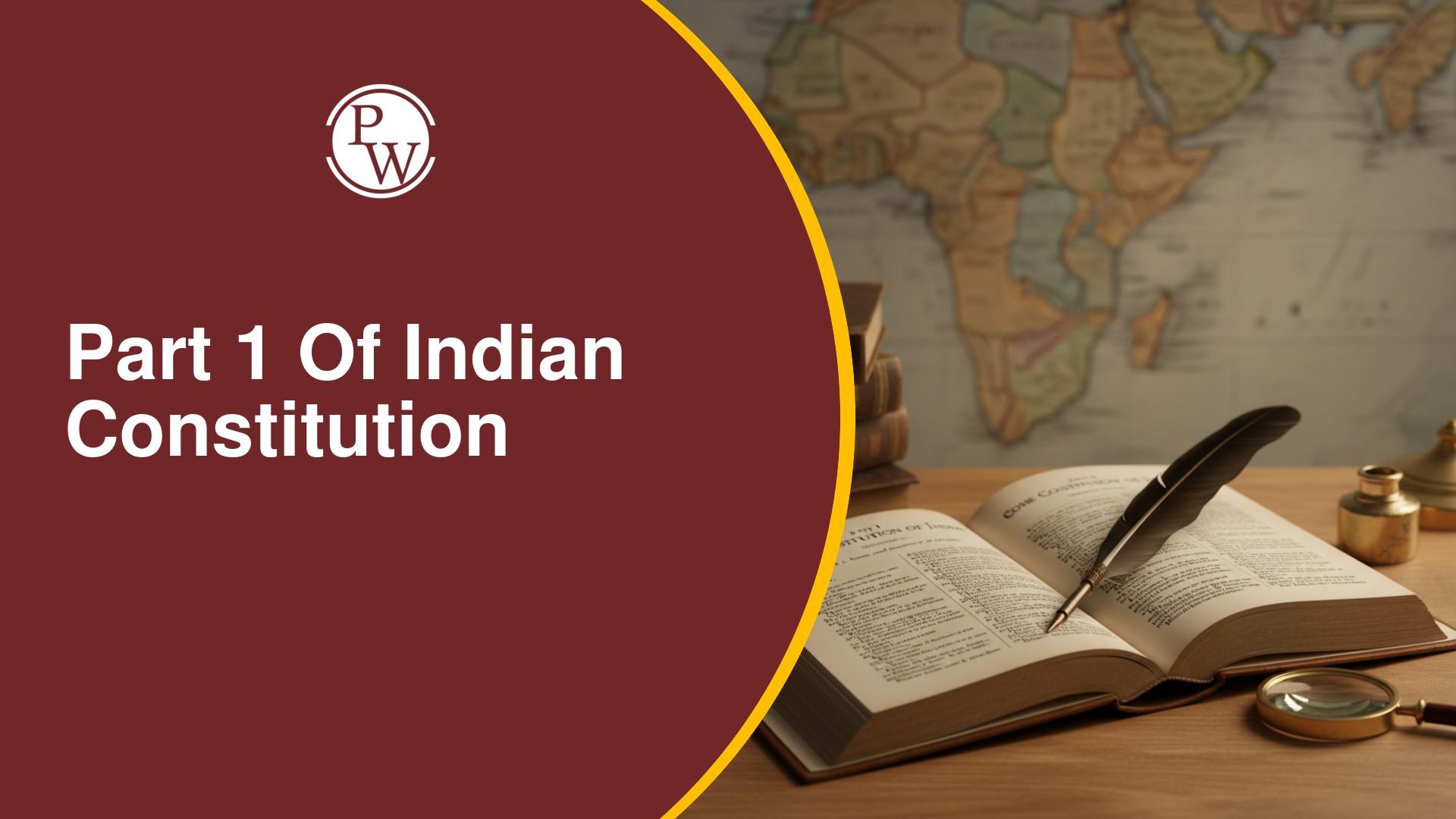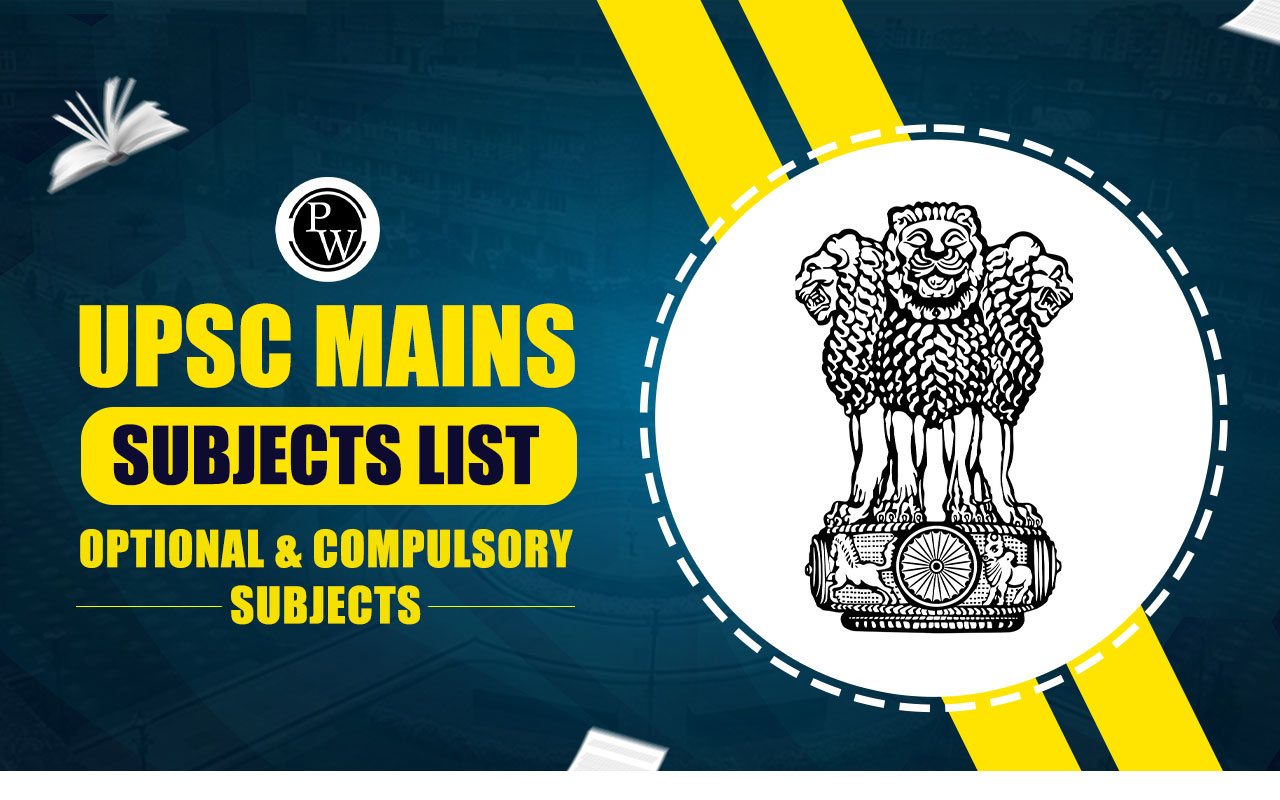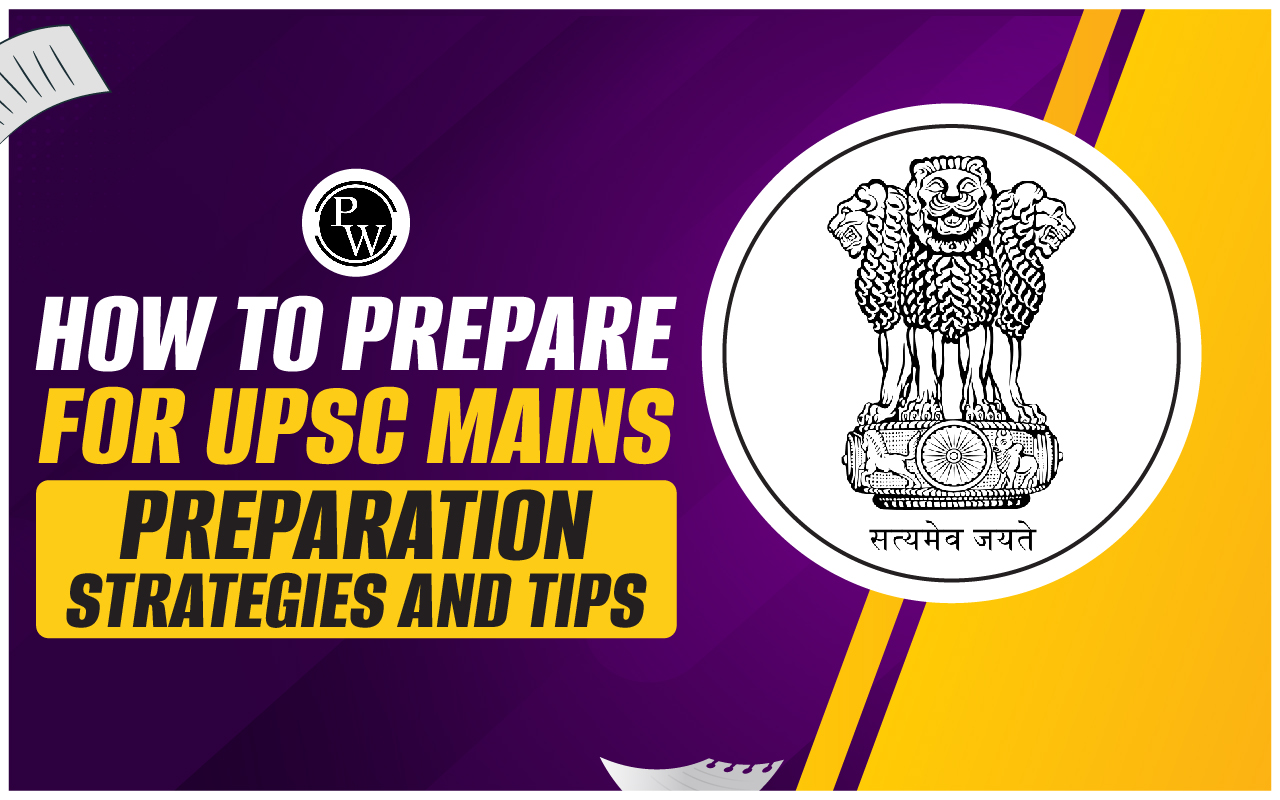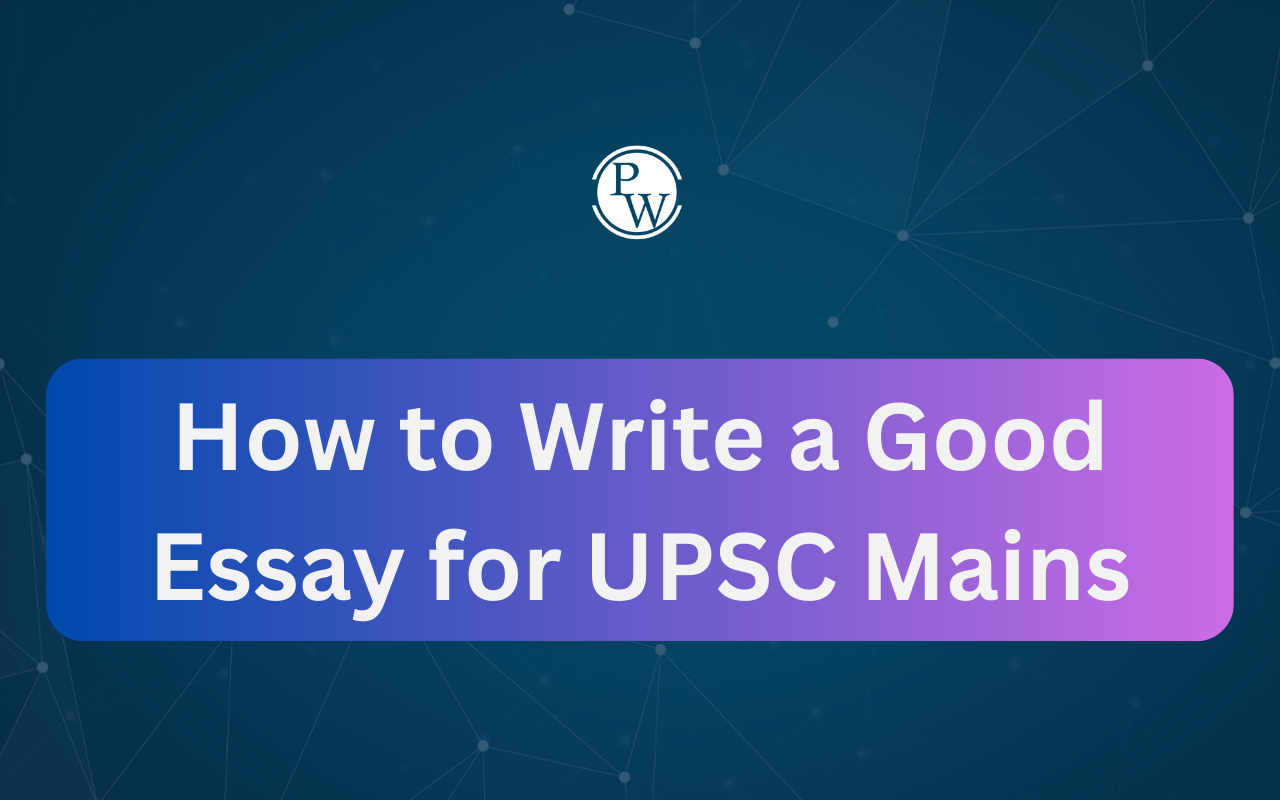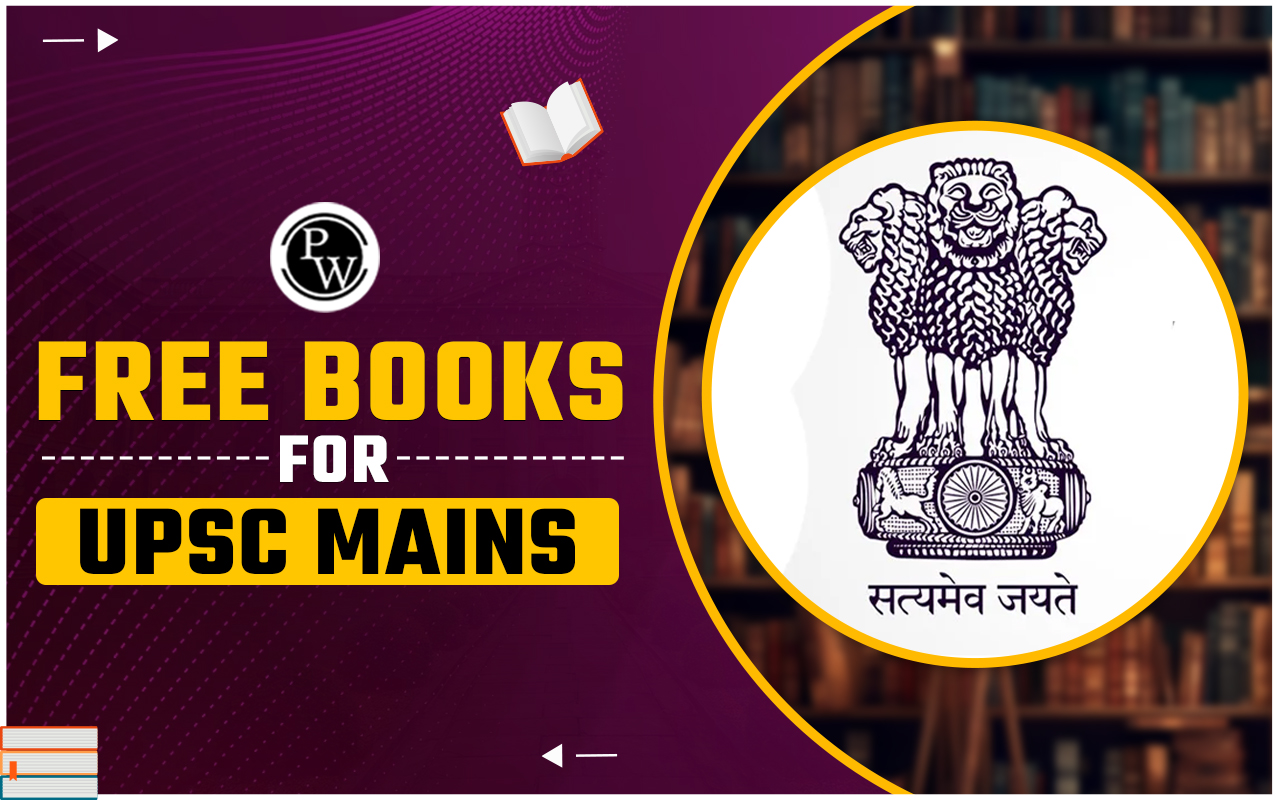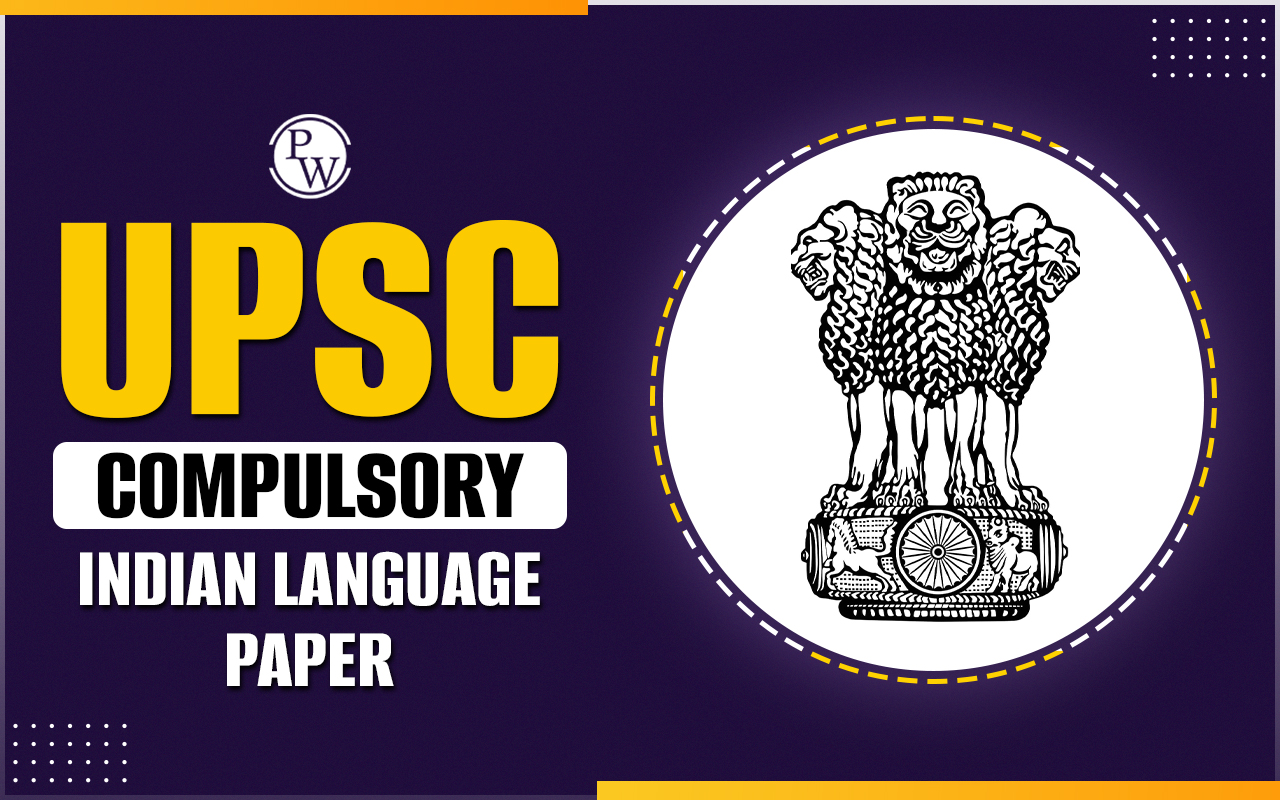
Deoband Movement stands as a pivotal chapter in the history of Islamic revivalism and socio-political awakening in British India. Emerging in the late 19th century, this movement represented the orthodox section of the Muslim ulema (scholars) and was a direct response to the growing influence of Western culture, British colonial rule, and the perceived decline of traditional Islamic authority following the Revolt of 1857. It was fundamentally a revivalist effort with dual objectives: religious regeneration and anti-colonial resistance.
Deoband Movement
The Deoband Movement was centered around the Darul Uloom Deoband, an Islamic seminary established in 1866.
-
Foundation and Location: The seminary was founded in the town of Deoband, in the Saharanpur district of the United Provinces (modern Uttar Pradesh).
-
Founders: The movement was founded by prominent Muslim scholars, most notably Maulana Muhammad Qasim Nanautavi (1832–80) and Maulana Rashid Ahmad Gangohi (1828–1905). They were influenced by the intellectual tradition of Delhi and aimed to create a robust system of Islamic education independent of British support.
-
Context: The establishment of the Darul Uloom Deoband was an attempt to provide moral and religious regeneration to the Muslim community, which was held responsible for the 1857 Uprising and subsequently faced oppression from the British.
Objectives and Ideology of the Deoband Movement
The Deoband Movement was characterized by a distinct set of objectives that guided its educational and political activities:
-
Religious Regeneration (Revivalist Goal): The primary and most prominent goal was to disseminate the pure teachings of the Quran and Hadith (sayings and actions of the Prophet Muhammad) among Muslims. The aim was to purify and revive Islamic teachings and preserve Muslim identity.
-
Resistance to Foreign Rule (Political Goal): The movement aimed to keep alive the spirit of jihad (struggle) against the foreign rulers. The Deobandi scholars were staunchly anti-colonial, viewing the British presence as a threat to Islamic faith and values.
-
Educational Independence: They advocated for educating Muslims through a network of traditional madrasas, strictly focusing on Islamic theology, jurisprudence (Fiqh), and the Arabic language. This educational model deliberately rejected the adoption of Western education and English, which they viewed as a cultural threat.
Features and Beliefs
The beliefs of the Deobandi school were rooted in a strict, orthodox interpretation of Sunni Islam:
-
Orthodox Adherence: The movement adhered strictly to orthodox Sunni Islam, specifically following the Hanafi school of jurisprudence.
-
Sharia and Monotheism: They promoted strict monotheism (Tawhid) and emphasized strict adherence to Sharia law.
-
Rejection of Innovations (Bid'ah): The Deobandis rejected religious innovations, superstitions, and un-Islamic practices that had crept into the faith due to local customs. This included a strong disapproval of certain rituals associated with Sufism, such as pilgrimages to saints' tombs and the authority of pirs (mystic guides) who claimed sanctity through descent rather than learning.
Deoband Movement vs. Aligarh Movement
Deoband Movement offered a stark contrast to the other major Muslim socio-religious movement of the time, the Aligarh Movement, led by Sir Syed Ahmed Khan:
|
Deoband Movement vs. Aligarh Movement |
||
|
Feature |
Deoband Movement (Revivalist) |
Aligarh Movement (Reformist) |
|
Primary Goal |
Moral and religious regeneration of the Muslim community. |
Welfare of Muslims through modern (Western) education. |
|
Stance on Western Education |
Rejected it, focused on traditional Islamic sciences. |
Advocated for the adoption of Western science and education. |
|
Political Alignment |
Anti-British, welcomed the formation of the Indian National Congress. |
Pro-British; sought cooperation and patronage from the British government. |
|
Approach to Reform |
Return to the pure and traditional practices of Islam. |
Adapting religion to modern times and promoting democratic ideals. |
Role in India's Freedom Struggle
Though initially focused on religious reform, the Deoband Movement quickly evolved to play a significant political role in the Indian independence movement.
-
Political Leadership: Under the leadership of Mahmud-ul-Hasan (1851–1920), the movement’s political ideals were strengthened. He sought to instill a political and intellectual consciousness within the religious ideas of the school.
-
Synthesis of Ideals: Mahmud-ul-Hasan successfully worked out a synthesis between Islamic principles and nationalist aspirations.
-
Political Platform: His ideas concerning the protection of the political and religious rights of Muslims within the larger context of Indian unity and national goals were given concrete shape by the formation of the Jamiat Ulema-e-Hind.
-
Hindu-Muslim Unity: The Deobandi scholars generally supported Hindu-Muslim unity and a united India, contrasting sharply with the later separatist politics of the Muslim League.
Impact and Legacy of the Deoband Movement
The Deoband Movement had a far-reaching and lasting impact on the religious, social, and political landscape of Indian Muslims:
-
Revitalization of Islamic Education: It established a successful and effective system of Islamic education that revitalized traditional learning and trained a new class of religious leaders (ulama) capable of operating without state patronage.
-
Global Influence: The Darul Uloom Deoband became a model for other Islamic institutions globally, leading to the spread of the Deobandi school of thought in various countries, including Pakistan, Bangladesh, South Africa, and the UK.
-
Preservation of Identity: By focusing on religious purity and rejecting Western cultural influences, the movement played a crucial role in helping Indian Muslims preserve their religious and cultural identity during the colonial period.
Deoband Movement FAQs
Who founded the Deoband Movement and when?
How did the Deoband Movement differ from the Aligarh Movement politically?
Where was the center of the Deoband Movement located?
Is the Deoband Movement still active today?

UPSC Coaching
